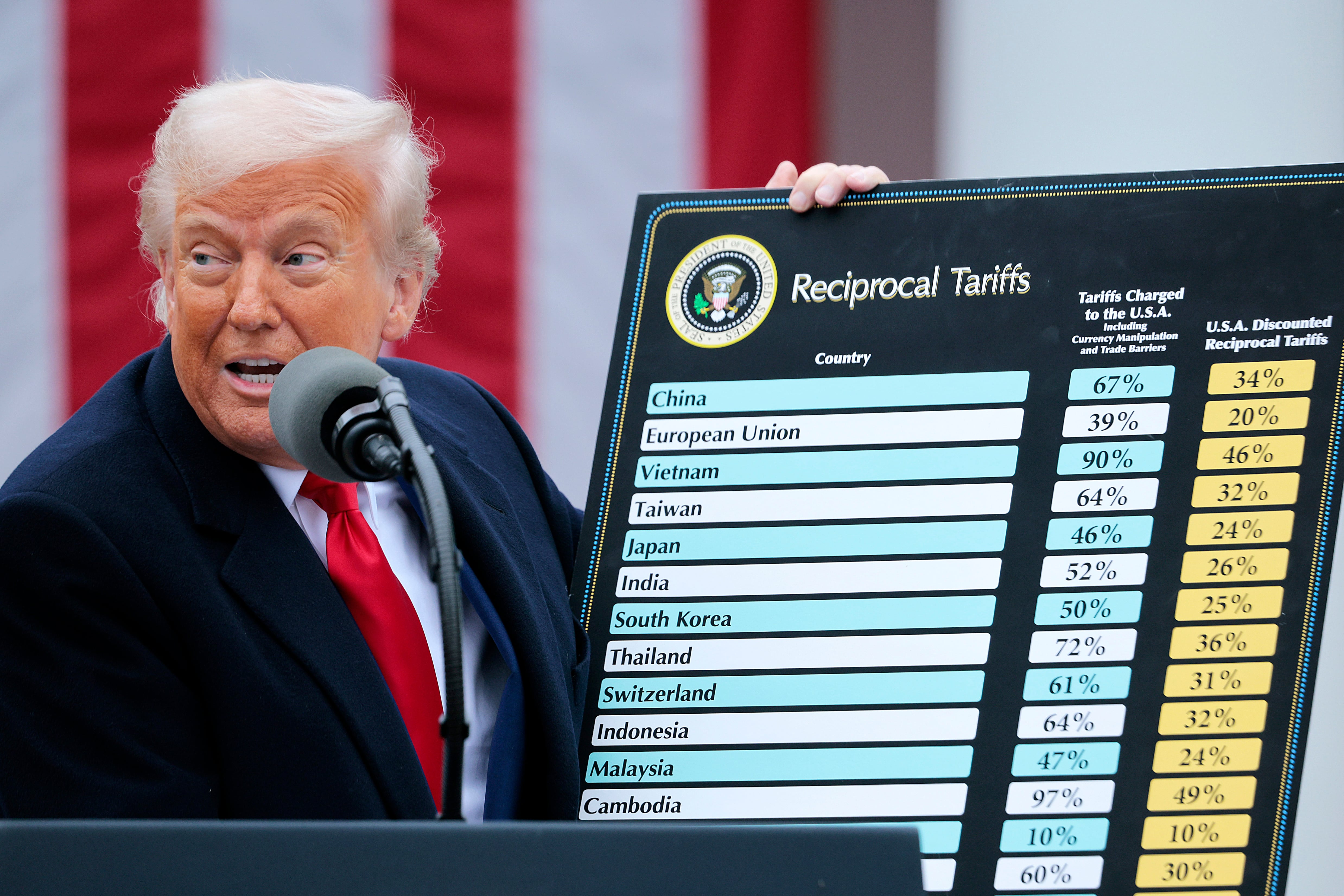Cryptocurrency exchange Seed CX has received two virtual currency licenses, better known as a BitLicenses, from the New York State Department of Financial Services.
The Chicago-based Seed CX offers a licensed exchange through its subsidiaries for institutional trading and settlement. Its subsidiary that matches bids and offers in digital assets received its BitLicense in early June; another, which settles the transactions executed on the matching platform (and other trading venues), received the BitLicense earlier this month. Each entity requires its own virtual currency license due to the bifurcation of the execution and settlement processes.
“[They] each conduct a type of business that is regulated by New York via the BitLicense – Seed Digital Commodities Market matches trades in digital assets, while Zero Hash settles trades in digital assets,” said Seed CX CEO Edward Woodford. “Although most of our customers sign up to use the services of both of these entities, having the BitLicense for both entities allows customers to pick either of the services.”
Zero Hash simultaneously received a money transmitter license from the state’s financial services agency, permitting it to custody and settle fiat currency.
The two BitLicenses are the 20th and 21st New York has granted since introducing the license in 2015. New York regulators have been more rigorous in their approach to cryptocurrency businesses than other states, an unpopular approach among many in the crypto industry. But those willing to pursue the license hope that by complying with New York’s requirements, they can bring crypto closer to the mainstream financial system.
“It is quite an emotional license in the cryptocurrency space to say the least, I think [New York] is aware of that,” Woodford said.
Just applying for the BitLicense is an expensive and cumbersome process that can cost “hundreds of thousands of dollars,” Woodford said, and requires an exacting review of capital requirements and policies regarding money laundering, fraud, capitalization, consumer protection and cybersecurity.
Woodford said Seed CX had been working for a year to put the application together. Historically the process has been so arduous for young startups that they’ve opted to cease doing business in New York. Most, if not all, of them are retail-focused.
“We are purely institutional focused, which means that New York is a really important state for us as the center of the financial world,” he added. “The legislation around the BitLicense is very expansive. There are many groups that fall under its jurisdiction, that could include groups potentially incorporated outside of the U.S. that simply have an office or do business in New York.”
While offshore entities are common, Woodford said he believes the rise in demand and popularity of cryptocurrency and the digitization of financial assets will force the industry and its regulators to redefine what constitutes a U.S. person.
“Institutions are starting to change in the sense of what it means to interact with the U.S.,” he said. “Before it was just ‘we’ll just trade through a payment entity on an offshore exchange — that’s fine.’ That approach is starting to be rolled back globally.”
“Just because you have an office in Singapore and are traded through a Cayman Island entity, if you are in New York the BitLicense would say that that entity traded on the exchange would need to be a BitLicense holder. When you take that across all 50 states, the definition and the wealth of institutions to trade on regulated platforms are going to increase because the definition of the U.S. person looking more similar to the definition used in securities world. New York is very explicit in what constitutes needing to trade on a BitLicense.”
In September Seed CX raised $15 million in Series B funding led by Bain Capital Ventures, bringing its total funding to $25 million. Woodford said it plans to raise another round of funding this year.
The company currently offers trading and settlement for BTC, ETH, LTC, BCH, and PAX, and has the capability to settle in 20 different fiat pairs. It also has a Commodity Futures Trading Commission-regulated swap trading platform on which is plans to offer a market for CFTC-regulated digital asset derivatives. Its broker dealer subsidiary is pending registration with the Financial Industry Regulatory Authority as well as the Securities and Exchange Commission to facilitate the trading of security tokens and act as a qualified custodian.













